Australia warned over Taiwan support by China
China says any ‘miscalculations’ in Canberra’s ties with the next Taiwanese government would see the Australian people ‘pushed over the edge of an abyss’.
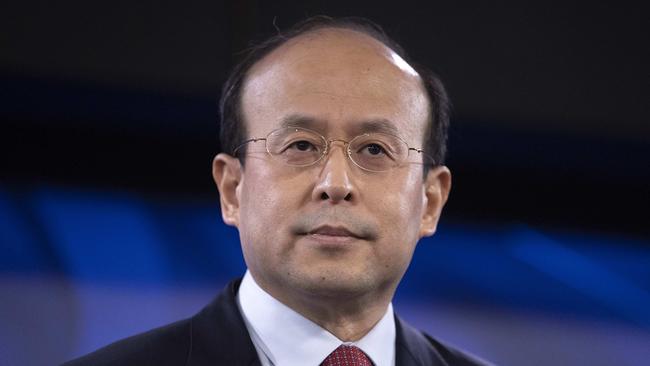
China has issued an extraordinary warning to Australia on the eve of Taiwan’s presidential election, saying that any “miscalculations” in Canberra’s ties with the next Taiwanese government would see the Australian people “pushed over the edge of an abyss”.
Chinese ambassador to Australia Xiao Qian made the threat hours before Taiwan’s 23.5 million people were set to head to polling booths on Saturday in a high stakes, three-way contest for president.
The candidate most loathed by Beijing, William Lai of Taiwan’s ruling Democratic Progressive Party, is the favourite to narrowly win, which would give his party an unprecedented third, four-year term in the presidency.
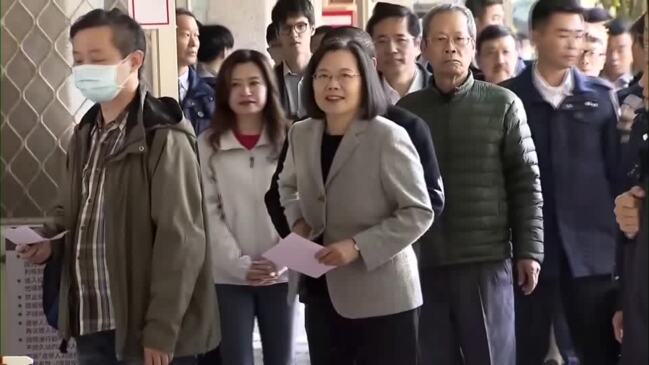
As tens of thousands of DPP supporters were gathering for a final election eve rally on Friday night, China’s top envoy in Australia accused Mr Lai’s party of adopting a “separatist stance” and said it had “colluded with external forces in successive provocative actions” during President Tsai Ing-wen’s eight years in power. “They are the culprit of changing the status quo across the Straits,” Mr Xiao said in an opinion piece published by The Australian online.
Amid widespread fears about the Chinese People’s Liberation Army’s response to a Lai victory, the diplomat warned Canberra against speaking out about “peace and stability” in Taiwan, with which Australia has only unofficial relations under its “One China” policy framework.
“It is illogical and harmful to link China’s internal affairs with Australia’s security and safety,” he said.
“If Australia is tied to the chariot of Taiwan separatist forces, the Australian people would be pushed over the edge of an abyss.”
The ambassador warned that Canberra’s relations with Taipei could “undoubtedly undermine” Australia’s relations with China. “There should not be any miscalculation on this.”
The fiery intervention came after Prime Minister Anthony Albanese called on all nations to respect the outcome of Taiwan’s election. “It is important that everyone respects the outcome of democratic elections. That is a matter for the people in Taiwan,” Mr Albanese said.
Beijing claims Taiwan as its territory and contends that Australia’s One China policy means Canberra accepts Taiwan is part of the People’s Republic of China.
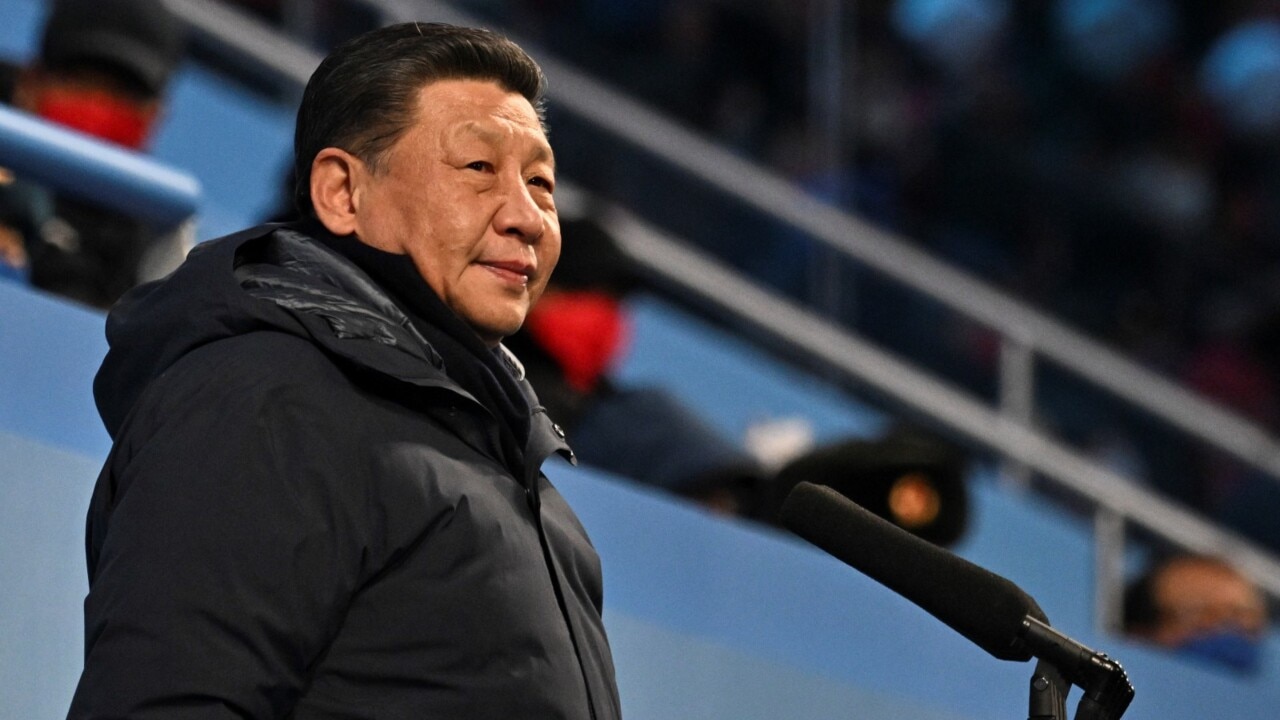
But Australia’s deliberately ambiguous One China policy only “acknowledges” the PRC claim to Taiwan, and calls for Beijing and Taipei to resolve their dispute peacefully.
The DPP’s proudly Taiwanese identity infuriates Beijing, whose Communist Party leaders believe it is working to formalise Taiwan’s independence from China.
Beijing ceased all contact with Taipei after Ms Tsai, a moderate figure in the DPP, was elected president in 2016, and has made it known that it is even more concerned about Mr Lai, Taiwan’s current vice-president, who is associated with the party’s independence-leaning elements.
Taiwanese security officials and foreign diplomats in Taipei have no doubt Beijing will respond angrily if Mr Lai wins.
“They will want to show their displeasure – probably not least to their own people,” said one Western diplomat.
Some hope that if Mr Lai wins, Beijing might change its approach after some post-election theatrics. “We would hope that China would reflect on how successful, or otherwise, their approach has been over the last eight years,” said another diplomat in Taipei.
The Biden administration has arranged for a delegation of former top officials to visit Taipei next week to underline America’s commitment to Taiwan within its One China framework.
Meanwhile, on Saturday (AEDT) US Secretary of State Antony Blinken asked Beijing to maintain cross-strait stability during a meeting with a senior Chinese official.
Blinken, briefly back in Washington in between his latest Middle East crisis tour and a trip to the World Economic Forum in Davos, met with Liu Jianchao, who heads the international division of the Chinese Communist Party’s Central Committee.
“The two sides had a constructive discussion on a range of bilateral, regional, and global issues, including areas of potential cooperation and areas of difference,” State Department spokesman Matthew Miller said in a statement.
“The Secretary reiterated the importance of maintaining peace and stability across the Taiwan Strait and in the South China Sea.”
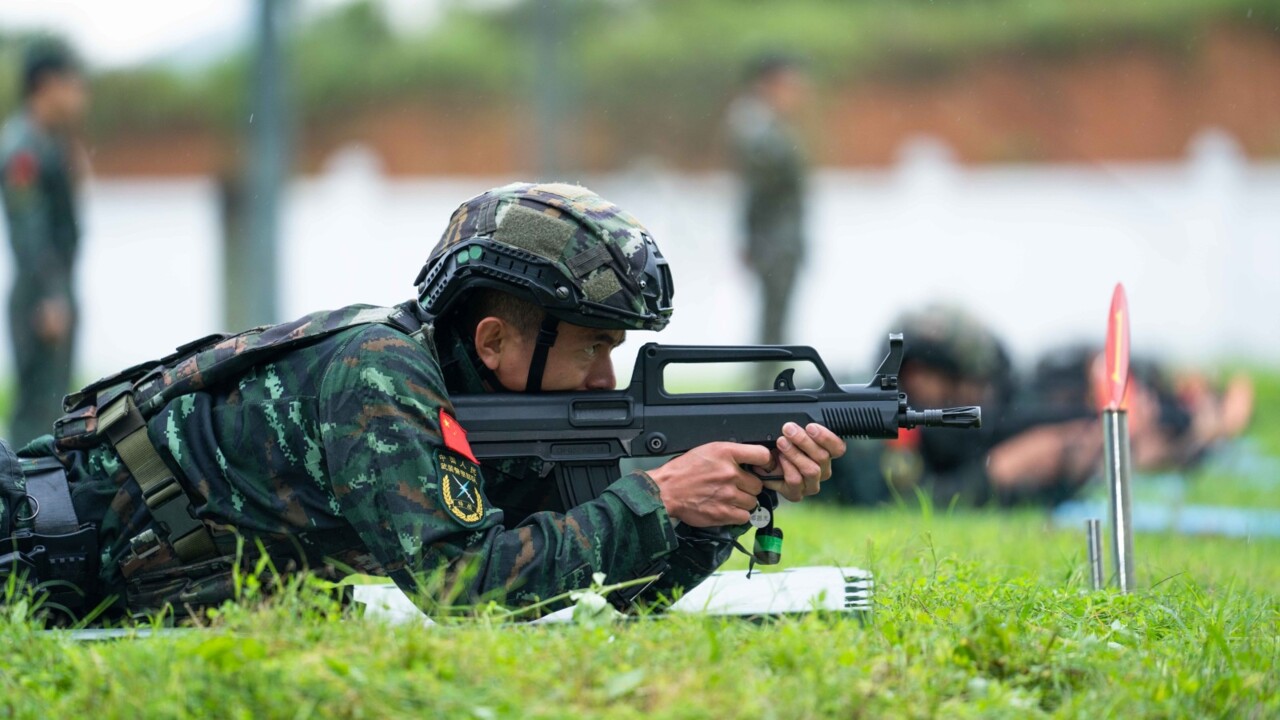
The main opposition party in Taiwan, the Kuomintang – despite fighting a vicious civil war with the Communist Party for much of the 20th century – has become Beijing’s preferred political partner in Taiwan because it agrees on the concept of “One China” (while disagreeing on who rules it).
The KMT’s candidate, Hou You-yi, a former policeman, has campaigned saying only his party can de-escalate tensions with Beijing. “We are on the brink of war,” Mr Hou warned in a final week pitch to voters.
But Mr Hou, a moderate figure in the KMT, has also tried to assure voters that he understands that the threat from China has grown dramatically during the Xi era and has promised to work with the US to keep building up Taiwan’s military deterrent capabilities.
Mr Hou also says he will not engage with Beijing on discussions of unification, which his advisers say are a non-starter unless China liberalises its political system. “Taiwan’s future must be decided by the 23.5 million people of Taiwan.”
The other opposition candidate, former Taipei mayor Ko Wen-je, has said he would try to engage in dialogue with Beijing, while also building up Taiwan’s defence forces.
Mr Ko, whose upstart Taiwan People’s Party may emerge after the election with the balance of power in the legislature, has said Beijing’s pugilistic approach has made it extremely unpopular.
“If China is constantly threatening us with their military, it is natural for us to lean to the US,” he said on Friday.
The DPP’s Mr Lai has ended the campaign with his own existential final pitch to voters.
“Your sacred ballot will decide not only the future of Taiwan, but the fate of the world,” he told supporters at one of multiple rallies of tens of thousands of supporters held this week.
Despite the sometimes terrifying political rhetoric, many voters spoke with relish about their chance to influence the direction of their nation’s future.
Tim Lin, 21, said he was excited to vote for Lai in his first presidential election. The voting age is 20 in Taiwan and almost 75 per cent of voters cast ballots in the 2020 election.
Logan Lo, 23, a fellow student at Taipei’s National Taiwan University, said he was not alarmed by the election’s “war or peace” rhetoric.
He said he was tossing up between the two opposition parties, the KMT and the TPP.
After eight years with a president from the DPP, he thinks it’s time for a change.



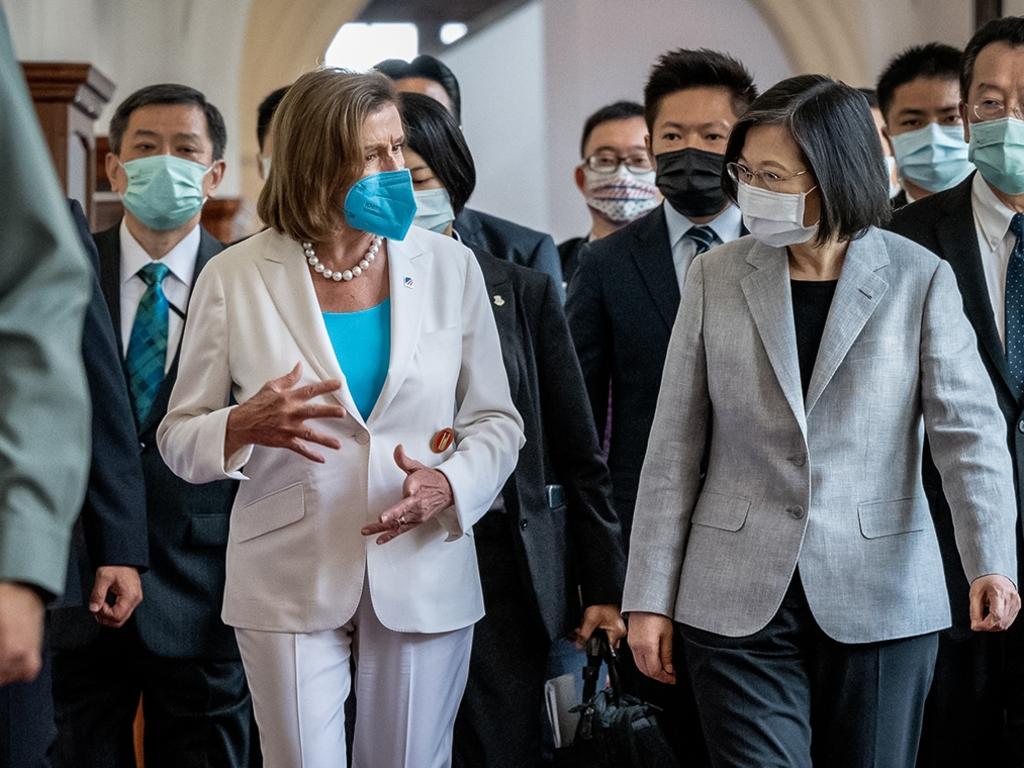

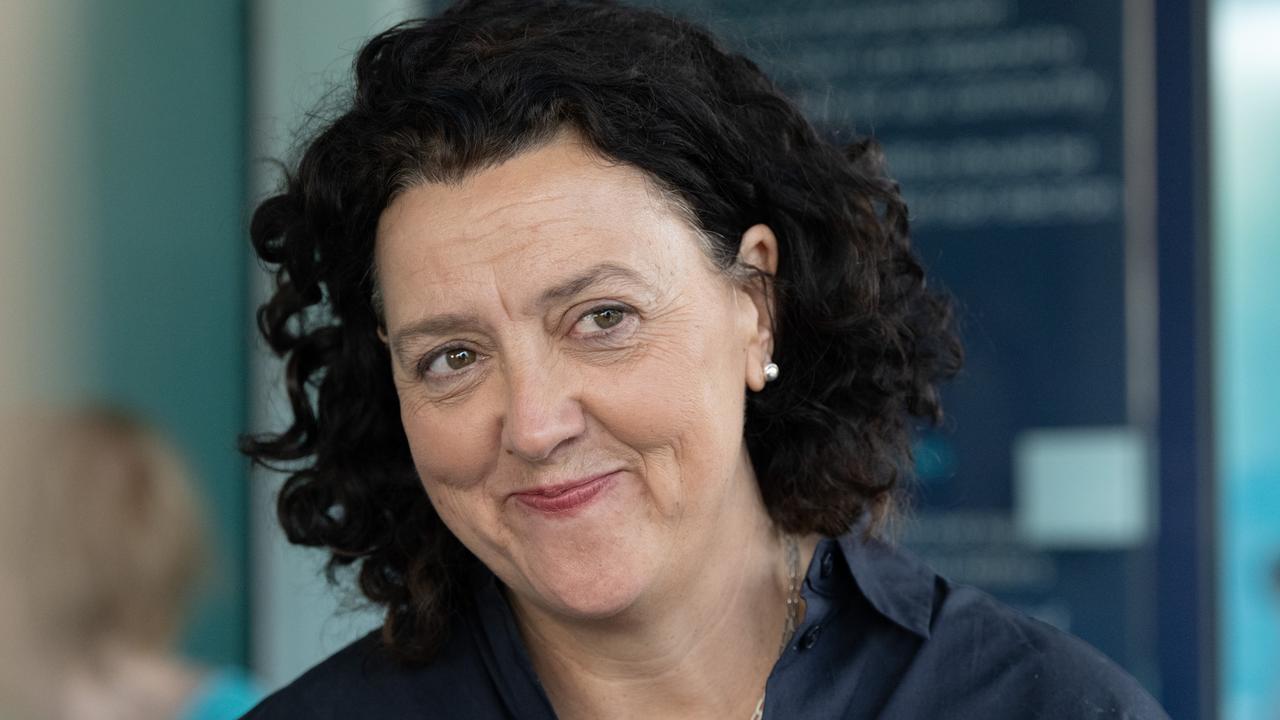
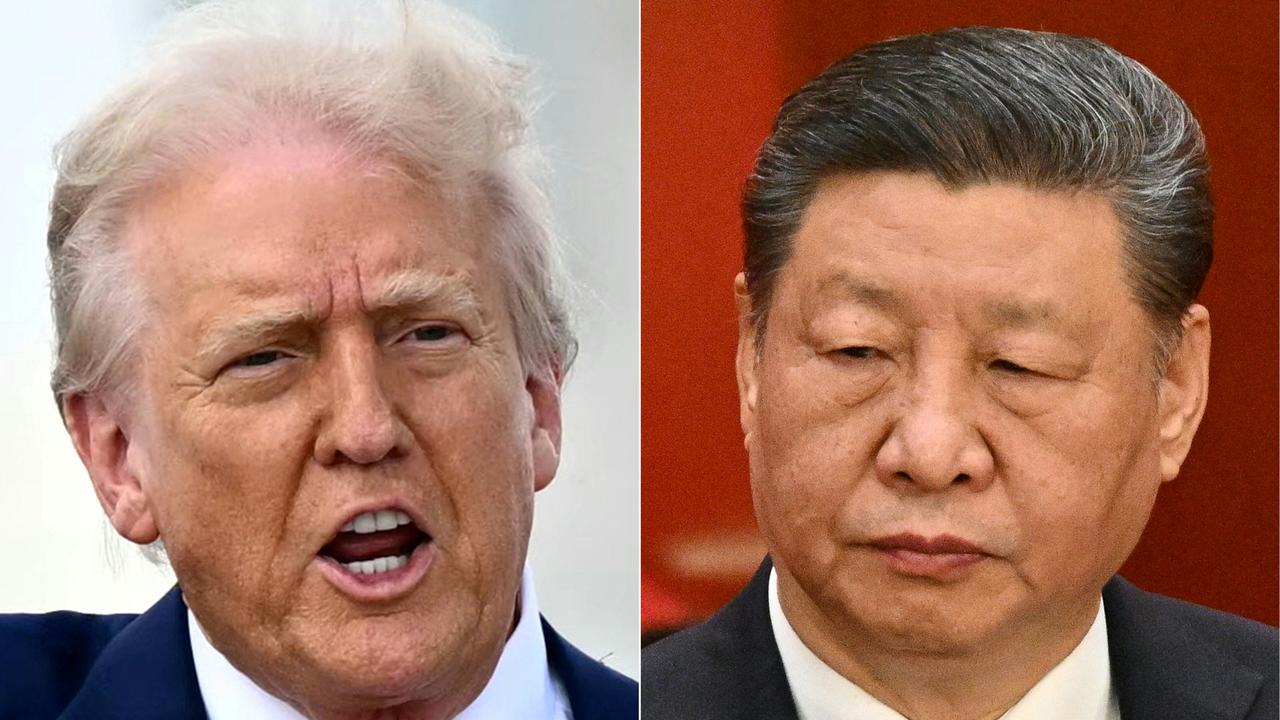
To join the conversation, please log in. Don't have an account? Register
Join the conversation, you are commenting as Logout